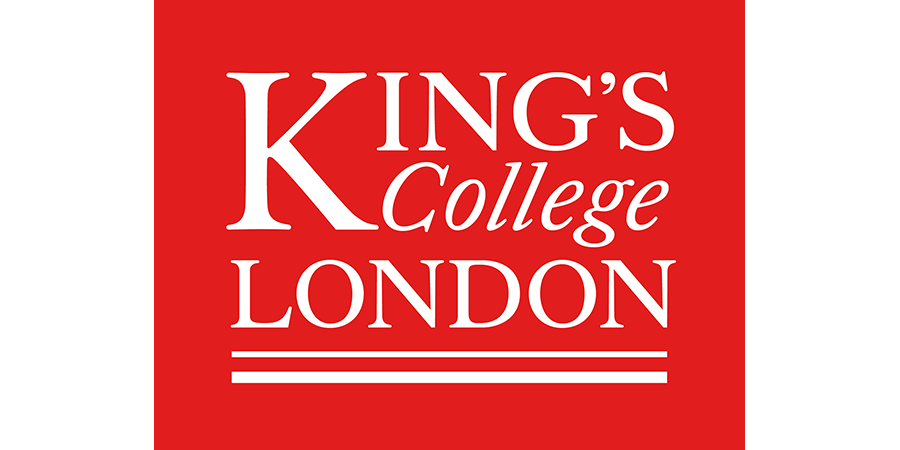Postdoctoral Research Associate
King's College London - Craniofacial & Regenerative Biology
| Location: | London |
|---|---|
| Salary: | £45,031 to £52,514 per annum including London Weighting Allowance |
| Hours: | Full Time |
| Contract Type: | Fixed-Term/Contract |
| Placed On: | 7th August 2025 |
|---|---|
| Closes: | 25th August 2025 |
| Job Ref: | 121845 |
About us
The Tucker lab is looking for a postdoc to work on a project funded by the Biotechnology and Biological Sciences Research Council (BBSRC). The post is for two years to study the role of the microbiome in olfaction using mouse models. The selected applicant will join the vibrant and friendly Tucker lab and work as part of a team interacting with the group of Prof Mike Curtis. The Tucker and Curtis labs are part of the internationally acclaimed Centre for Craniofacial and Regenerative Biology and Centre for Host-microbiome interactions, both housed within Guy’s Hospital at King’s College London.
About the role
Increasingly, it is appreciated that development and maintenance of host tissues is influenced by the microbial communities that live in and on our skin, gut, mouth, and nose. This can be due to direct contact, as in the gut, or via the production of microbial metabolites that have an indirect influence on development of organs such as the brain. Recent evidence from humans and mouse suggests that the microbiome can also impact smell, and chemosensing. Preliminary data from the lab have shown that germ-free mice have an impaired olfactory function when compared to conventionally reared specific-pathogen free mice, particularly with regard to pheromone sensing, and showed reduced expression of olfactory receptors.
The postdoc will investigate the role of the host and maternal microbiota in the development and maintenance of chemosensing using mouse models in partnership with Oxford University.
The results will highlight the under-explored impact of the microbiome on chemosensation, teasing apart metabolite versus direct effects, and developmental changes versus maintenance. The findings will open potential avenues to manipulate and rescue chemosensation through control of the microbial environment or provision of metabolites.
The postdoc will be responsible for planning experiments in conjunction with Prof Tucker and Prof Curtis, performing experiments, analysing data and mouse colony management. It is expected that the researcher would:
- Work to an appropriate level of health and safety and perform such jobs as required for effective running of the laboratory.
- Maintain an up to date and comprehensible record of laboratory work, to make results accessible and complete.
- Work in a timely and organised fashion to complete pieces of research, produce reports or analyses and contribute to scientific discussion
- Work with others in the group as part of a team and take part in journal groups and other team activities.
- Promote a positive research culture.
This is a full time post (35 hours per week), and you will be offered a fixed term contract until 30th September 2027.
Research staff at King’s are entitled to at least 10 days per year (pro-rata) for professional development. This entitlement, from the Concordat to Support the Career Development of Researchers, applies to Postdocs, Research Assistants, Research and Teaching Technicians, Teaching Fellows and AEP equivalent up to and including grade 7. Visit the Centre for Research Staff Development for more information.
To be successful in this role, we are looking for candidates to have the following skills and experience:
Essential criteria
- Experience of developmental biology, regenerative biology, or olfaction
- Interest in microbiome-host interactions
- Experience of molecular biology
- PhD in a relevant area
- Experience of imaging
Team worker Desirable criteria
- Original research publications
- Presentation skills
- Experience working with mouse models
- Knowledge of bioinformatics
Advert information
Type / Role:
Subject Area(s):
Location(s):









